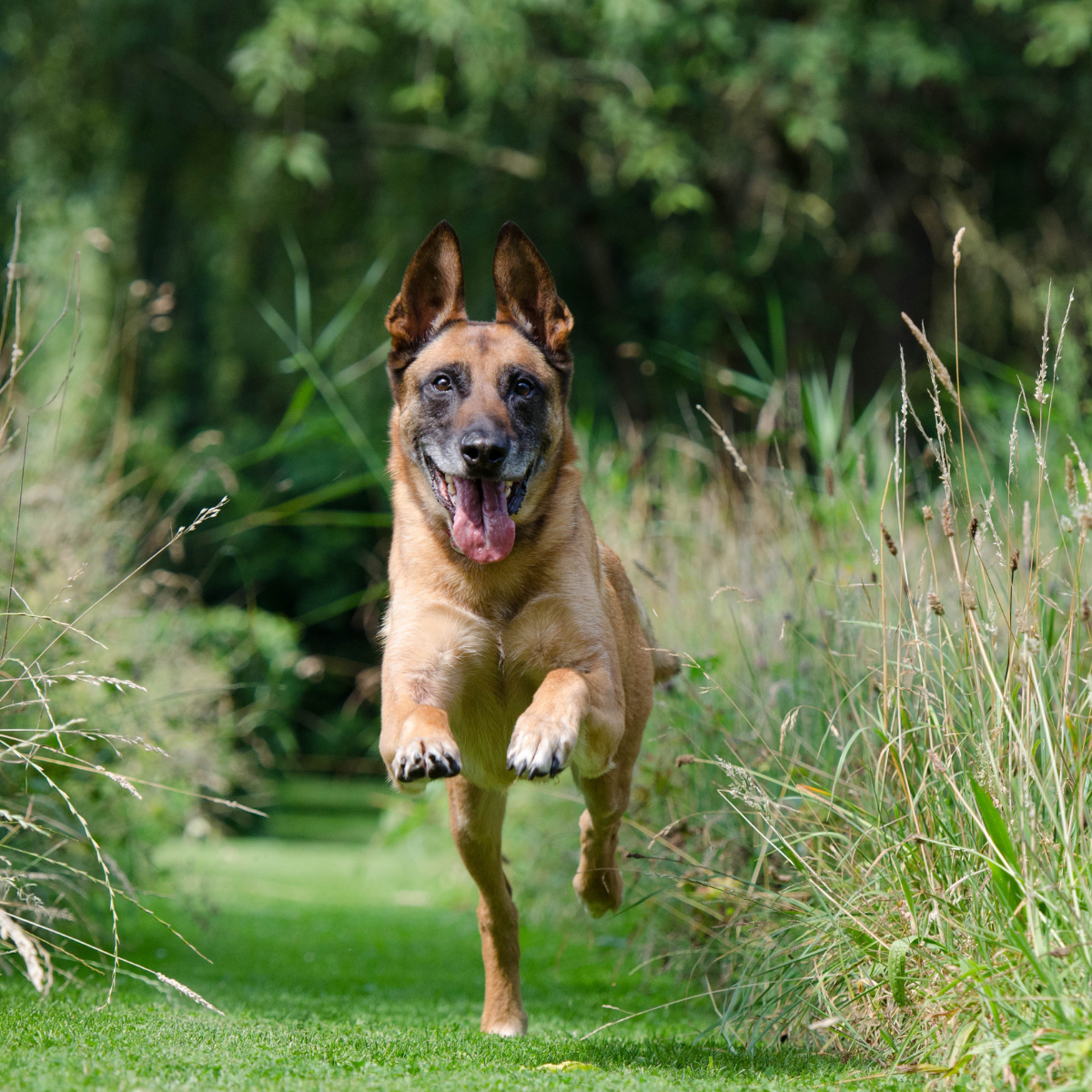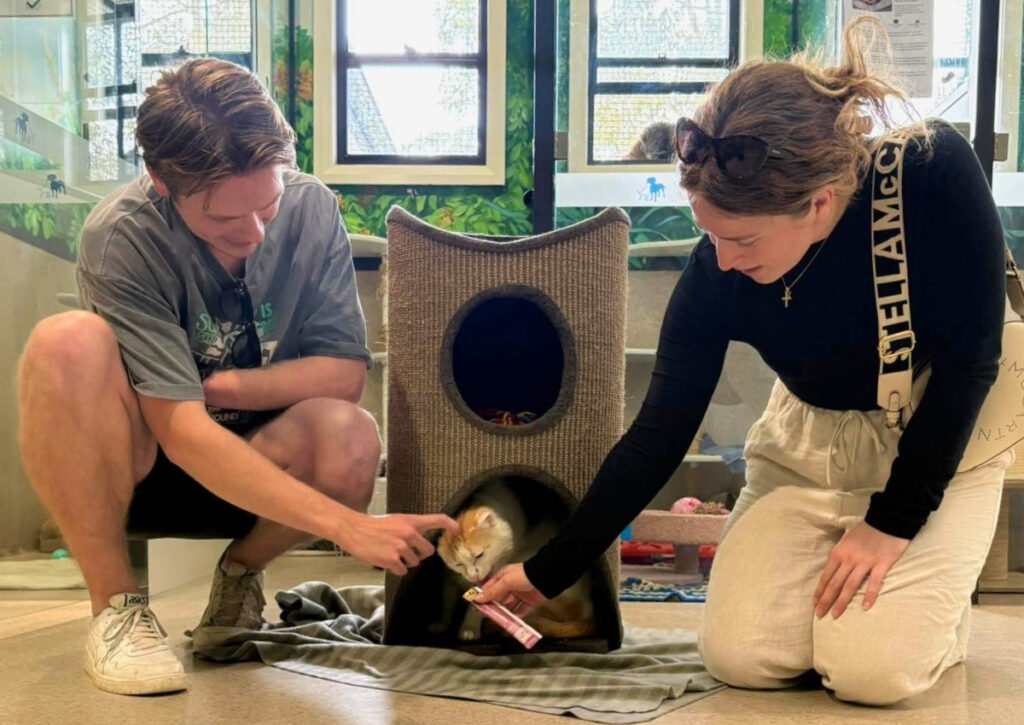Getting your dog to come when called is one of the most valuable skills you can teach. It takes practice, patience, and plenty of positive reinforcement.
Start With the Basics
- Use Their Name Positively
Never use your dog’s name to scold or correct them. We want them to associate it with good things: treats, games, praise. Always use a friendly tone. - Only Call When You’re Likely to Succeed
If your dog is busy chasing birds at the park, don’t compete. Set them up for success by starting in quiet areas like your home or backyard. - Reward Every Time
Always reward your dog – even if they’re slow to come back. If they finally return after ignoring you, resist the urge to scold. Take a breath, praise them, and treat. This ensures they’ll want to come next time.
Step-by-Step: Teaching Recall
Step 1: Build Attention with Their Name
- Wait until your dog is looking at you.
- Say their name and drop a tasty treat at your feet.
- Let them eat it, then say their name again and drop another.
- Repeat several times. End the session while it’s still fun.
Step 2: Add Movement
- Start tossing treats a short distance away.
- When they finish the treat and turn back to you, say their name and toss another.
- Slowly increase the distance and add some movement on your part—walk or jog backwards to encourage chasing you.
Step 3: Make It a Game
- Play recall games like:
- Hide and seek
- “Chase me” with treats
- Calling from room to room
- Use your dog’s meal ration during these games to keep it structured and avoid overfeeding.
Using a Long Lead for Practice
Use a 5–10 metre lead in open spaces to allow freedom while keeping control. This helps you reward good recalls and gently guide them back if needed.
Avoid retractable leads – they teach dogs to pull constantly.
Common Mistakes to Avoid
- Don’t call your dog if you’re angry or about to do something unpleasant (like end a walk or give a bath).
- Don’t repeat their name over and over if they’re not responding—change tactics instead (use a whistle, clap, or crouch down and get excited).
- Don’t punish for coming back late. It will make them less likely to come next time.
Tips for Long-Term Success
- Practice daily in different places.
- Add distractions gradually. Start in your yard, then try quiet parks.
- Use high-value treats when training in new or exciting environments (e.g. tiny pieces of chicken)
- Stay positive and patient, recall is a life-saving skill, and well worth the effort.



